Training a puppy is crucial for their development into a well-behaved adult dog. However, some lessons, whether intentional or not, can lead to problematic behaviours later on. Here are 21 things you should avoid teaching your puppy.
1. Encouraging Aggressive Play
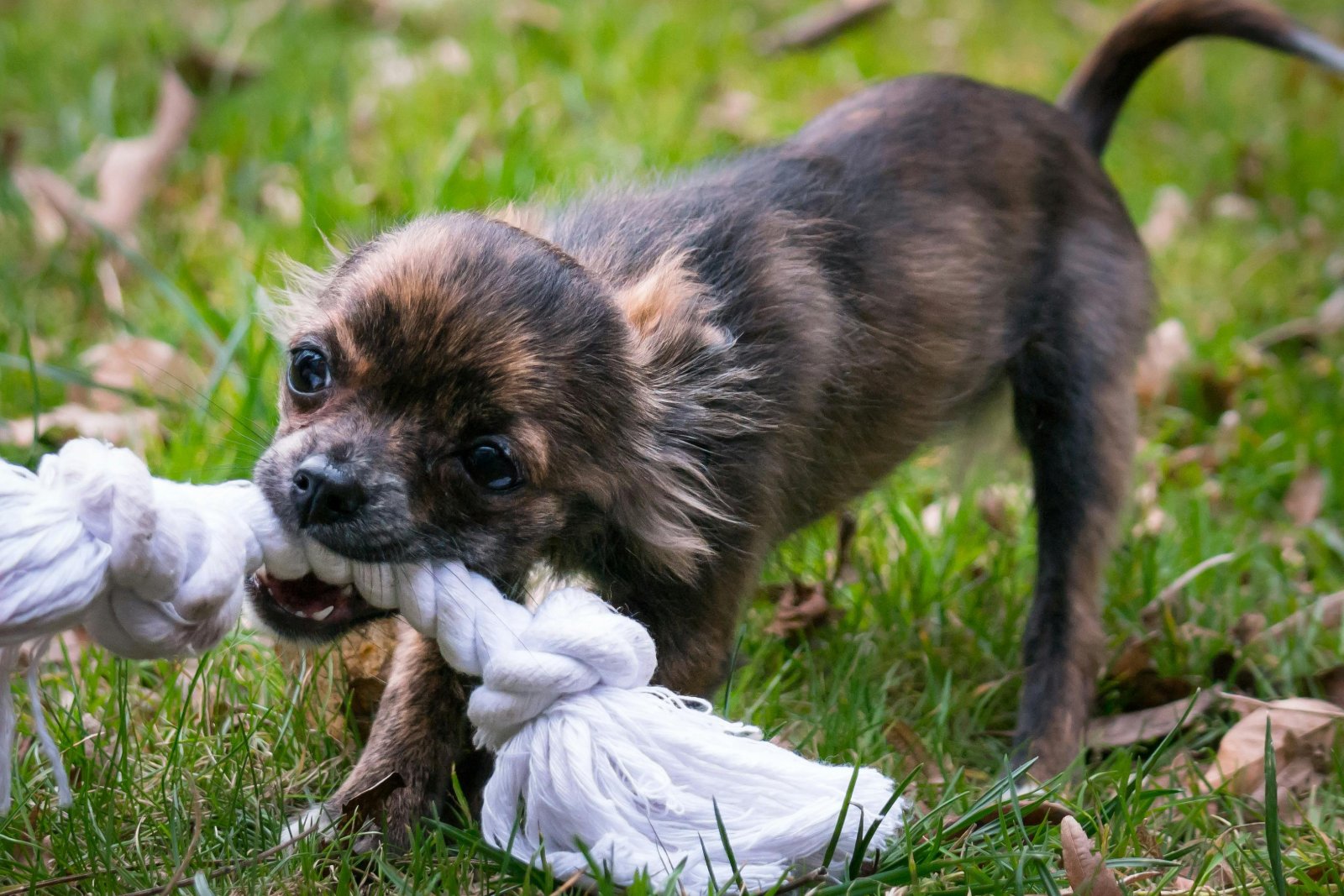
Teaching a puppy to play rough can lead to aggressive behaviour as they grow. Avoid games that encourage biting or aggressive chasing.
2. Allowing Chewing on Hands and Feet
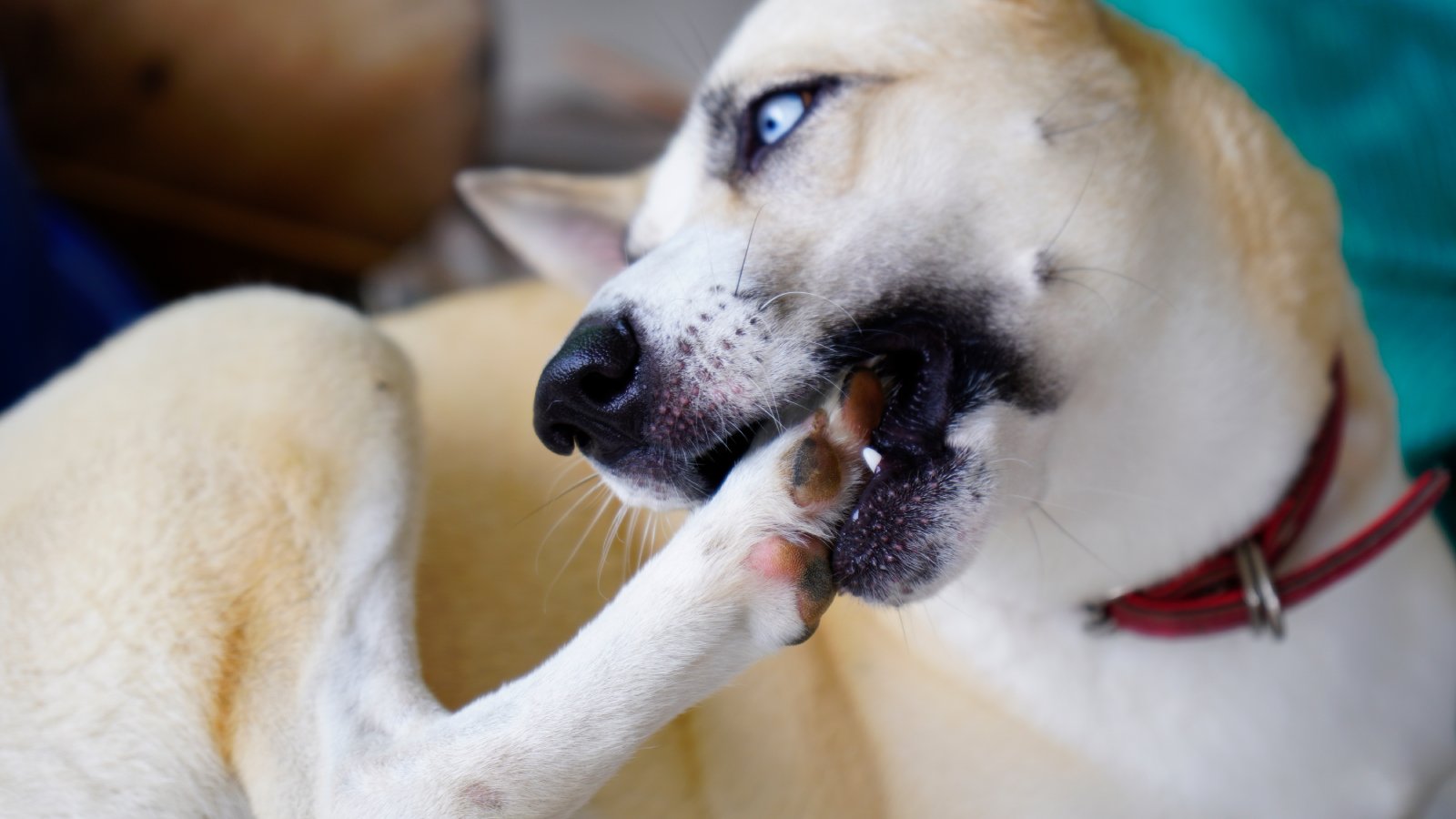
While it might seem cute when they’re small, letting your puppy chew on your hands or feet can result in painful bites as they grow older.
3. Ignoring Jumping Up
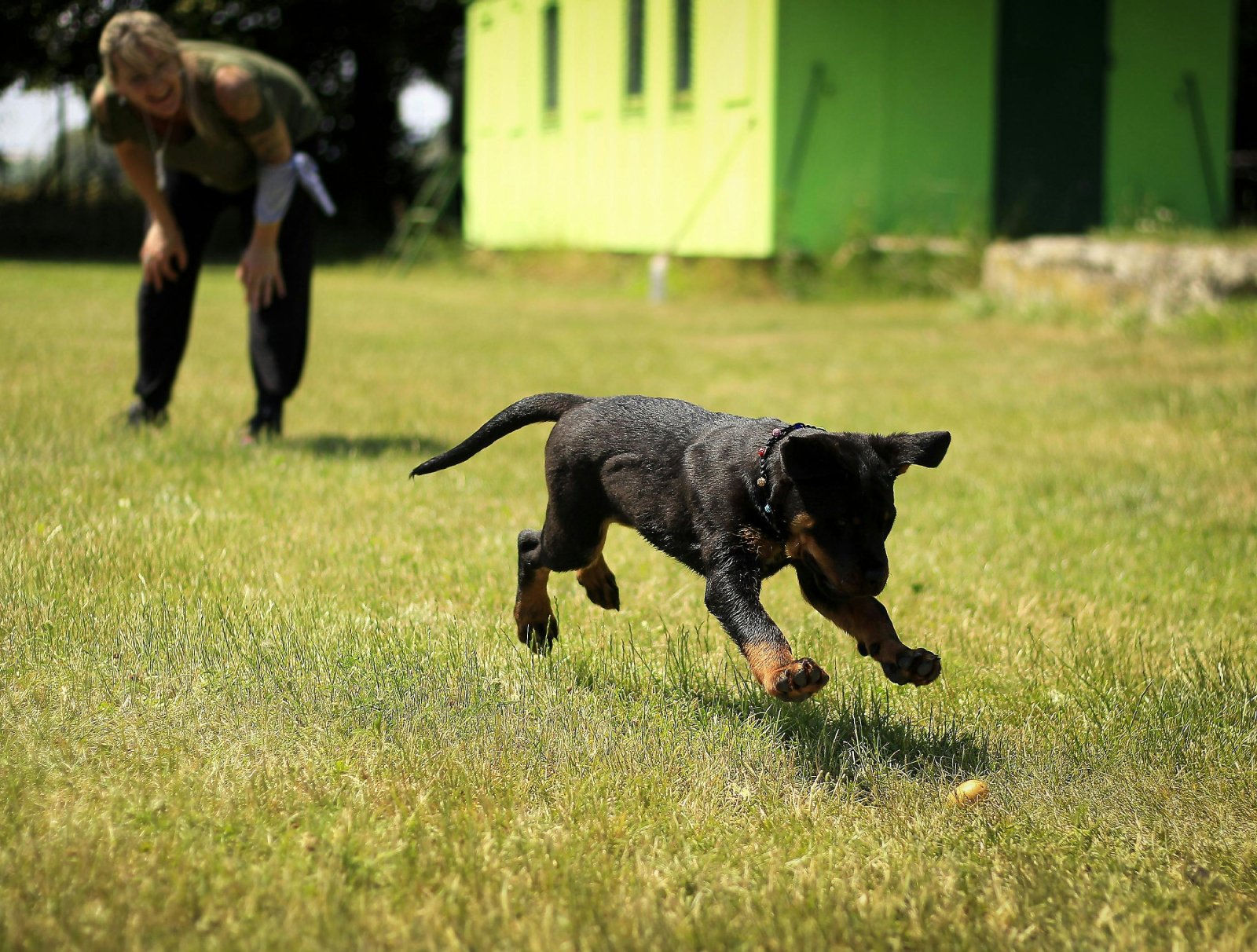
Allowing a puppy to jump up on people can become a major issue as they grow larger. This behaviour can be difficult to correct later on and may lead to injuries.
4. Feeding from the Table
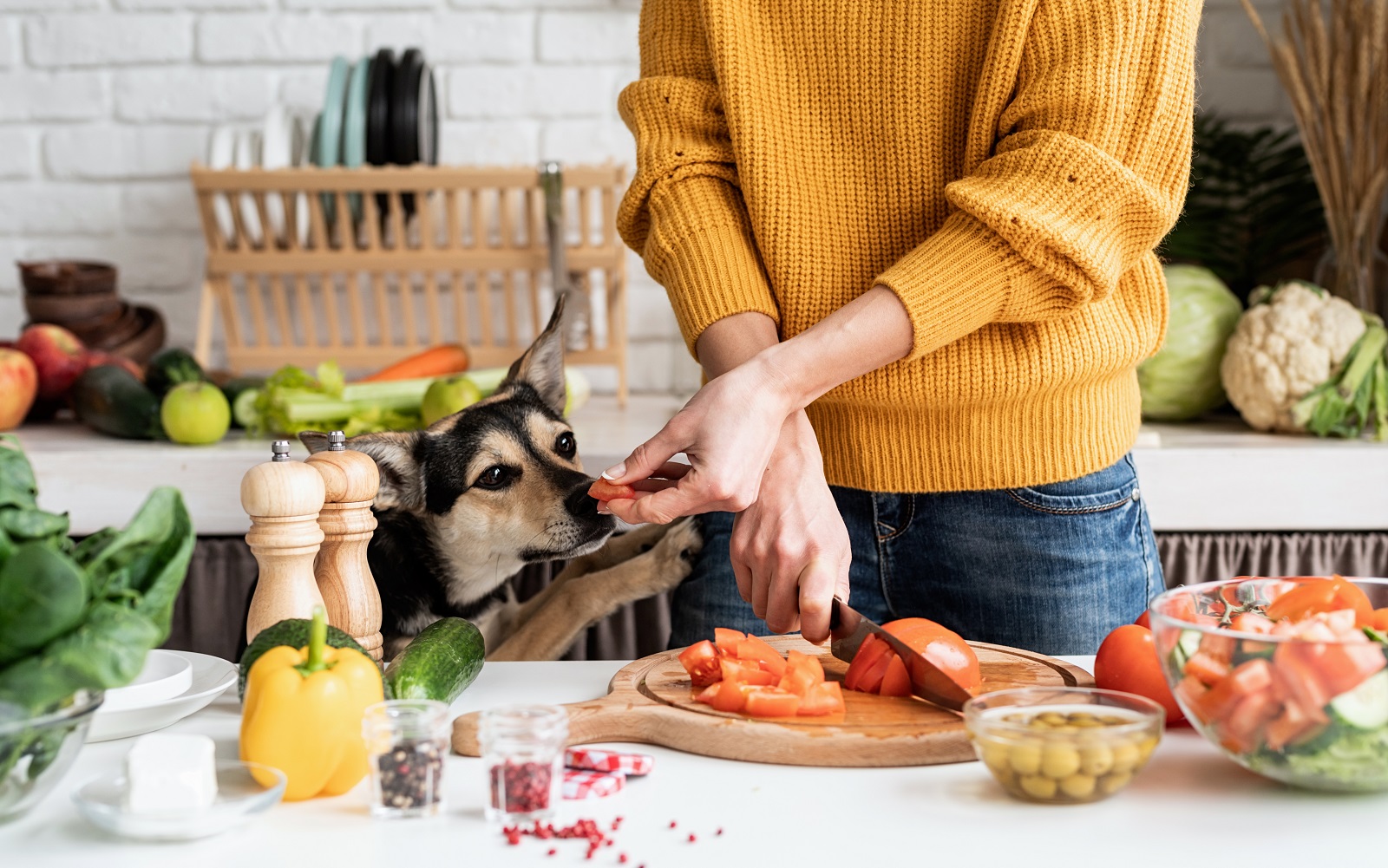
Feeding a puppy scraps from the table teaches them to beg and can lead to obesity and other health issues. Stick to a regular feeding schedule with appropriate dog food.
5. Inconsistent House Training
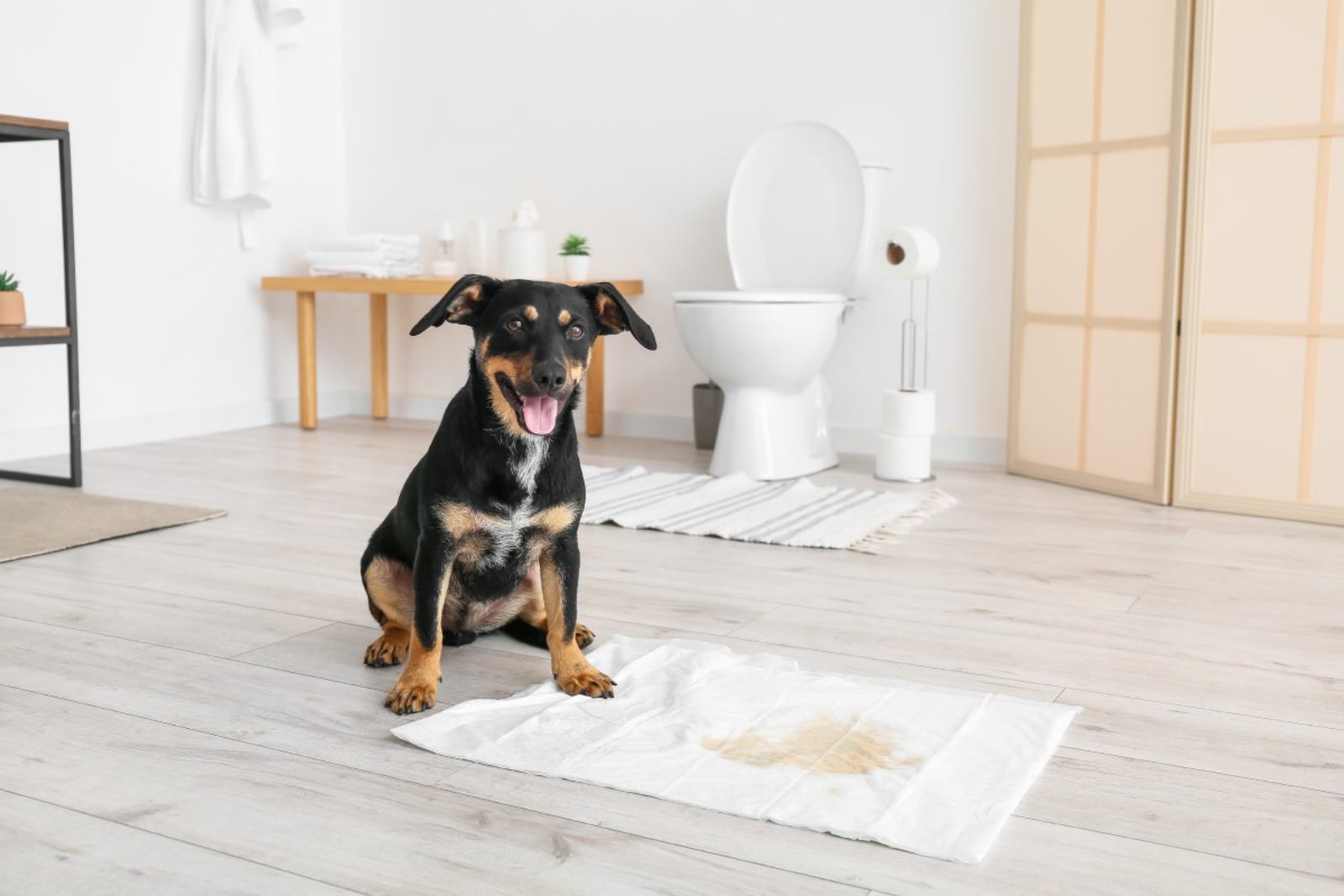
Inconsistency in house training can confuse a puppy, leading to accidents around the house. Ensure a regular routine for bathroom breaks.
6. Allowing Free Roam
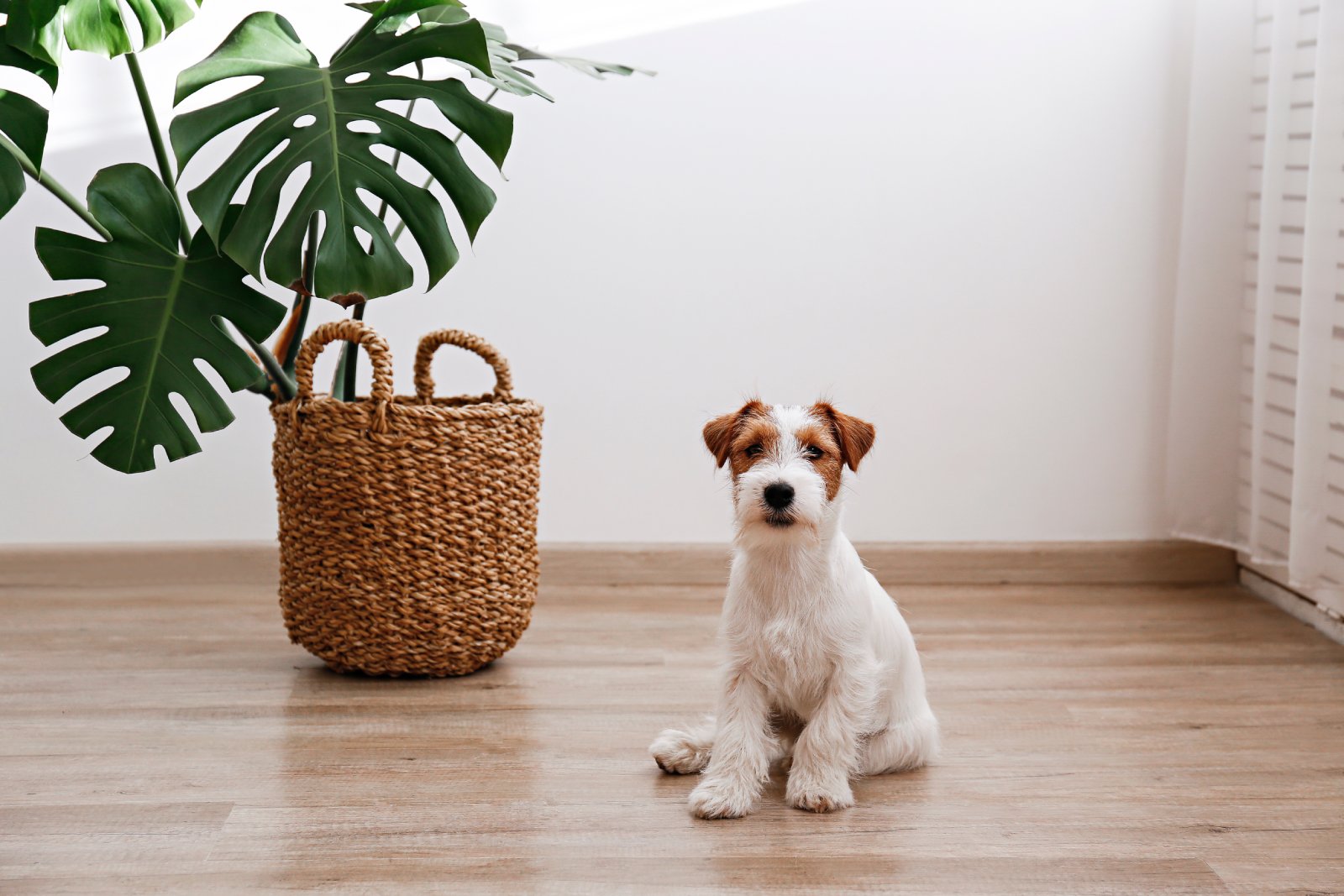
Giving a puppy free roam of the house can lead to destructive behaviour and difficulty in setting boundaries. Start with confined spaces and gradually increase their freedom.
7. Encouraging Barking
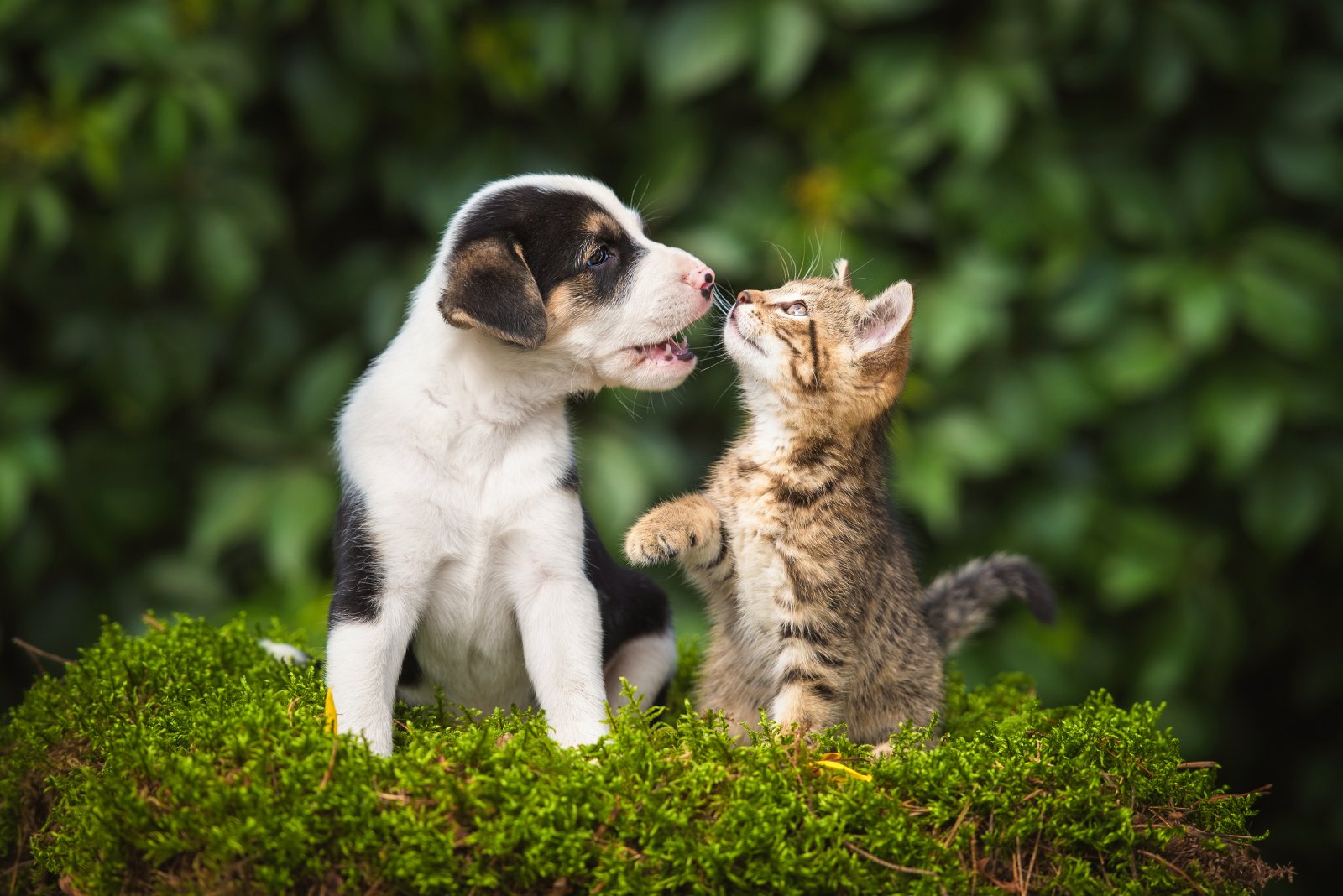
Responding to or encouraging a puppy’s barking can teach them that barking gets attention, which can be problematic as they grow.
8. Skipping Socialisation
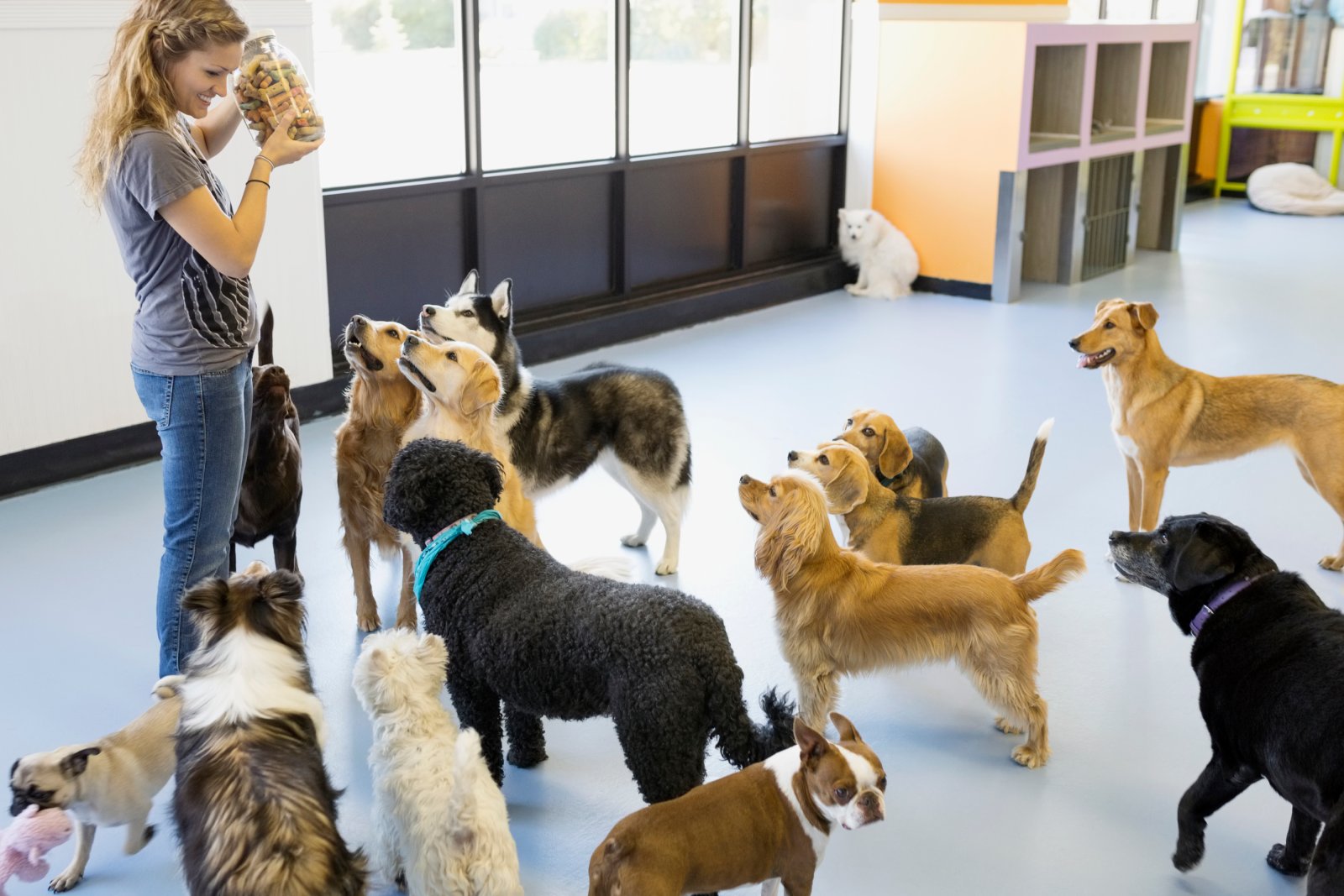
Failing to socialise a puppy with other dogs and people can lead to fearfulness or aggression in adulthood. Expose them to various environments and social settings early on.
9. Not Leash Training
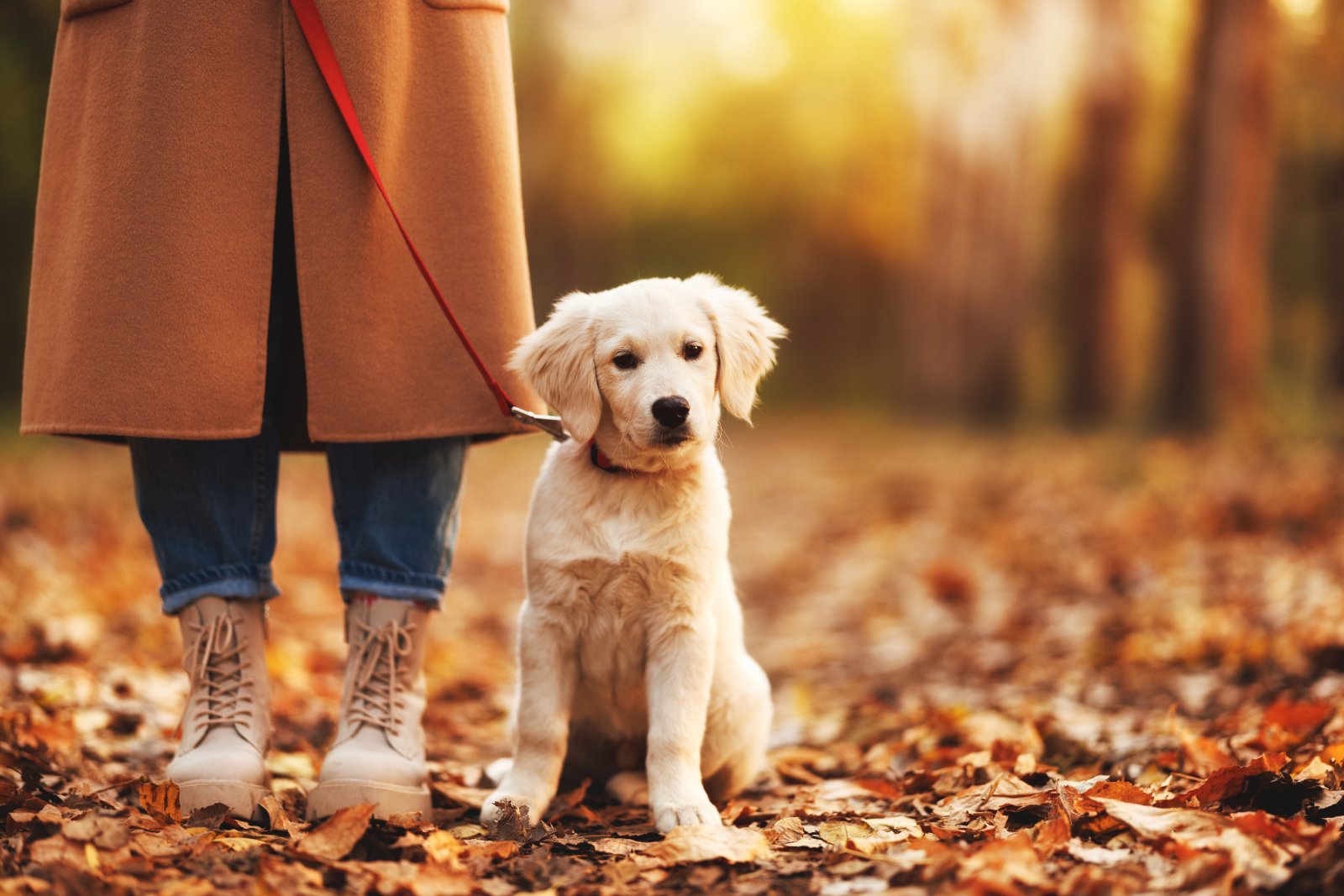
Avoiding leash training can make walks challenging and unsafe as your dog grows larger and stronger. Start leash training early.
10. Ignoring Basic Commands
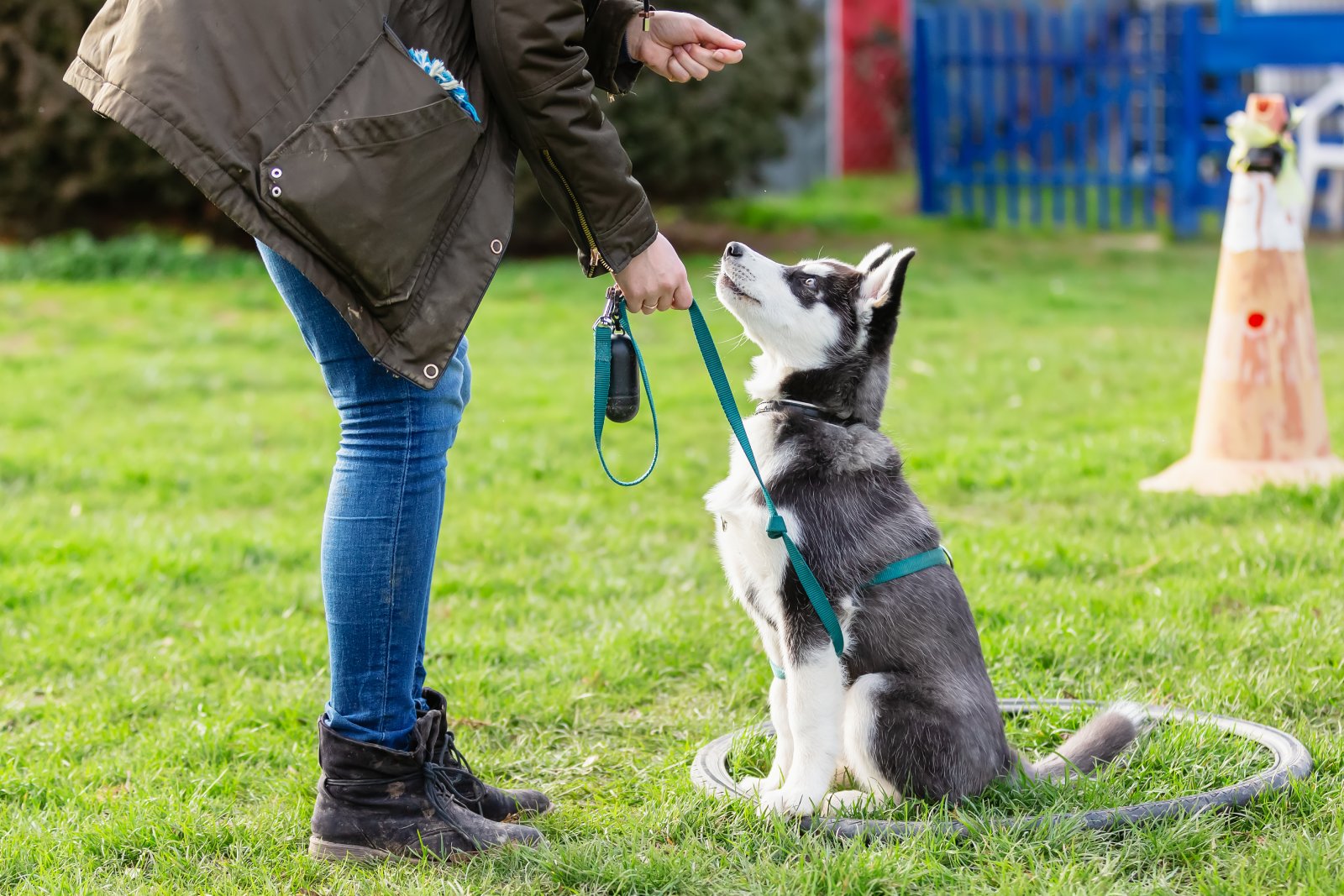
Not teaching basic commands like “sit,” “stay,” and “come” can result in a lack of control over your dog, leading to dangerous situations.
11. Reinforcing Fearful Behaviour
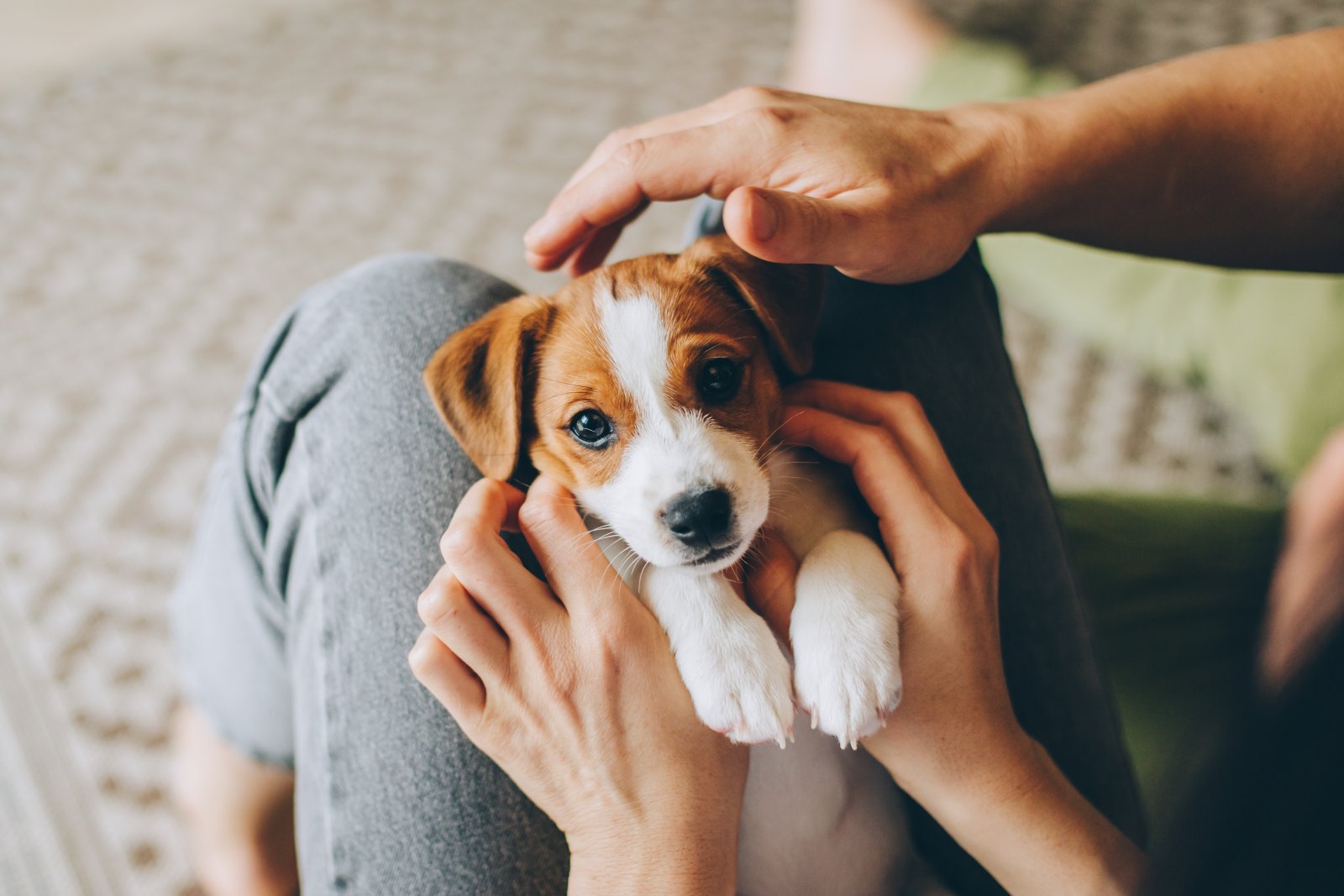
Comforting a puppy when they’re scared reinforces the fear. Instead, expose them gradually to the fear-inducing stimuli and reward calm behaviour.
12. Allowing Resource Guarding
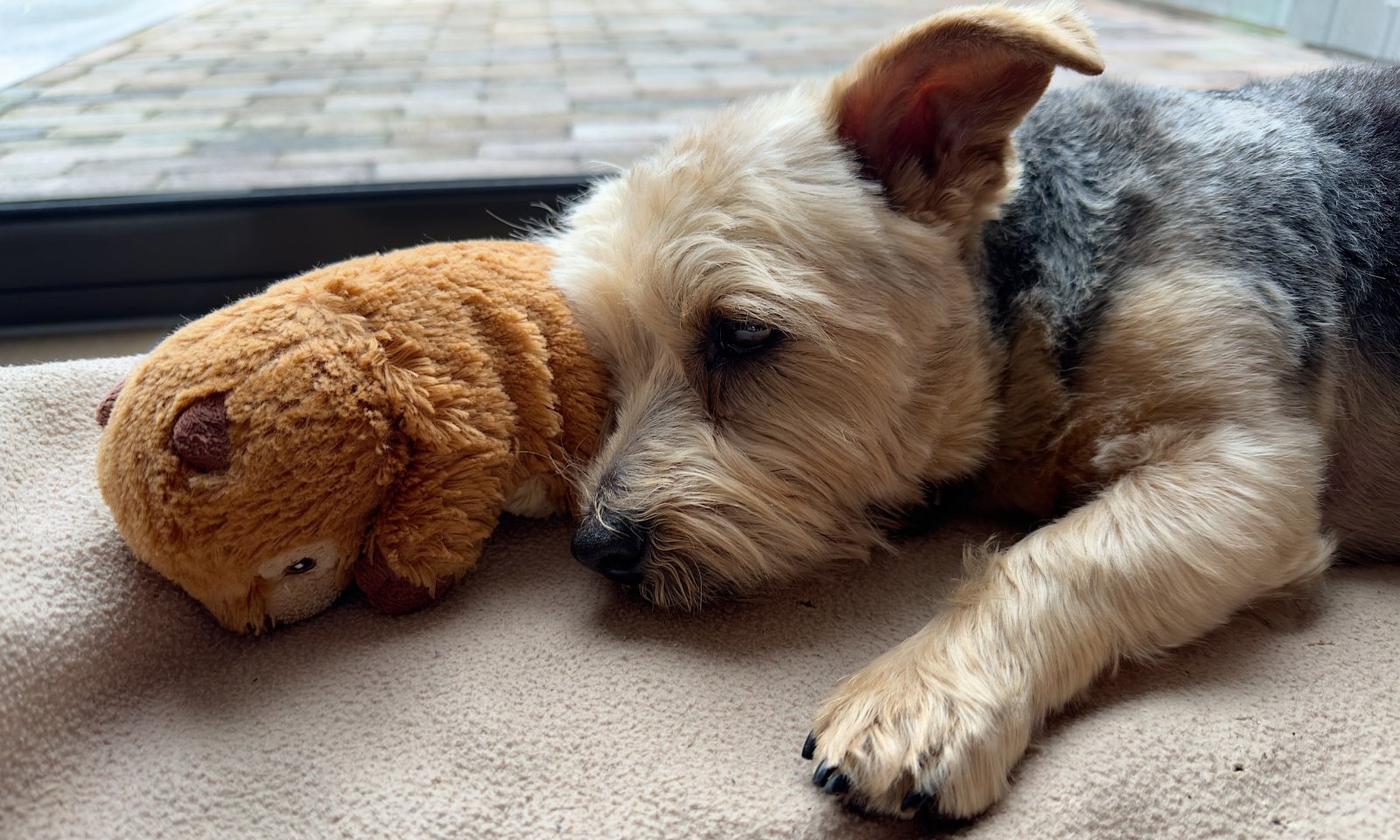
Permitting a puppy to guard food, toys, or spaces can lead to aggressive behaviour. Teach them to share and relinquish items on command.
13. Inconsistent Rules
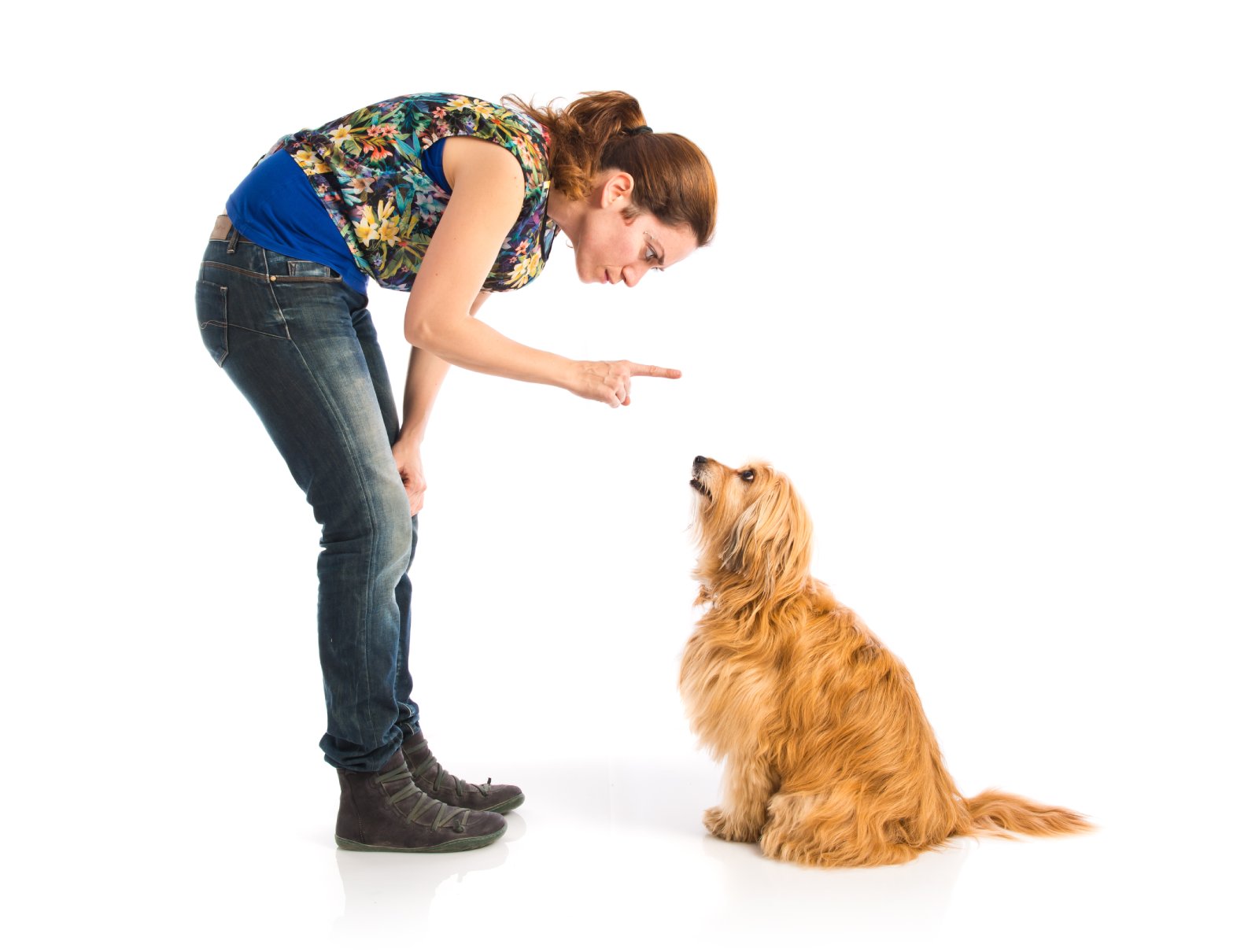
Inconsistency in rules can confuse a puppy. Ensure all family members follow the same training protocols and rules.
14. Overlooking Crate Training
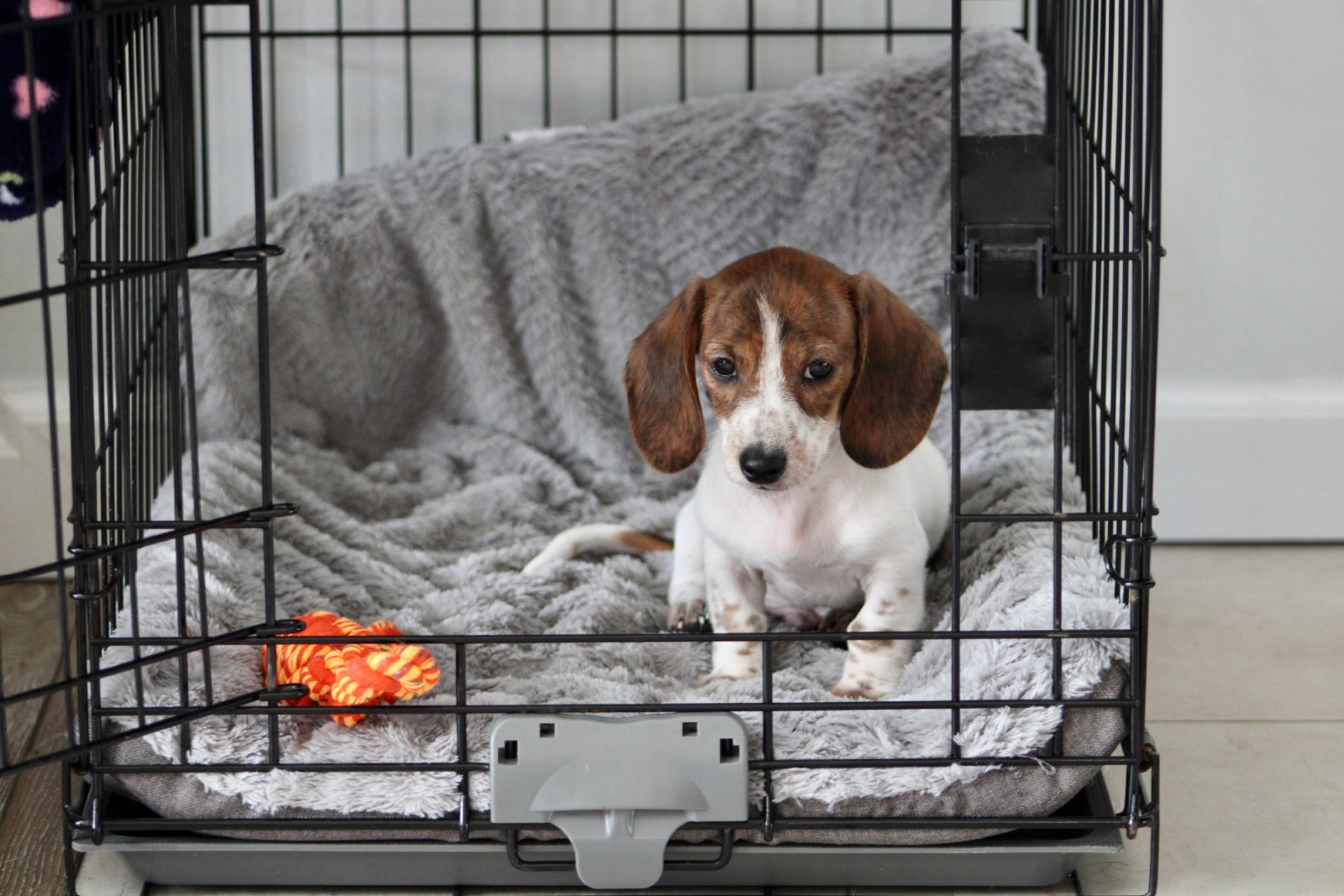
Avoiding crate training can lead to separation anxiety and destructive behaviour. Crates can provide a safe and comfortable space for your dog.
15. Teaching to Chase
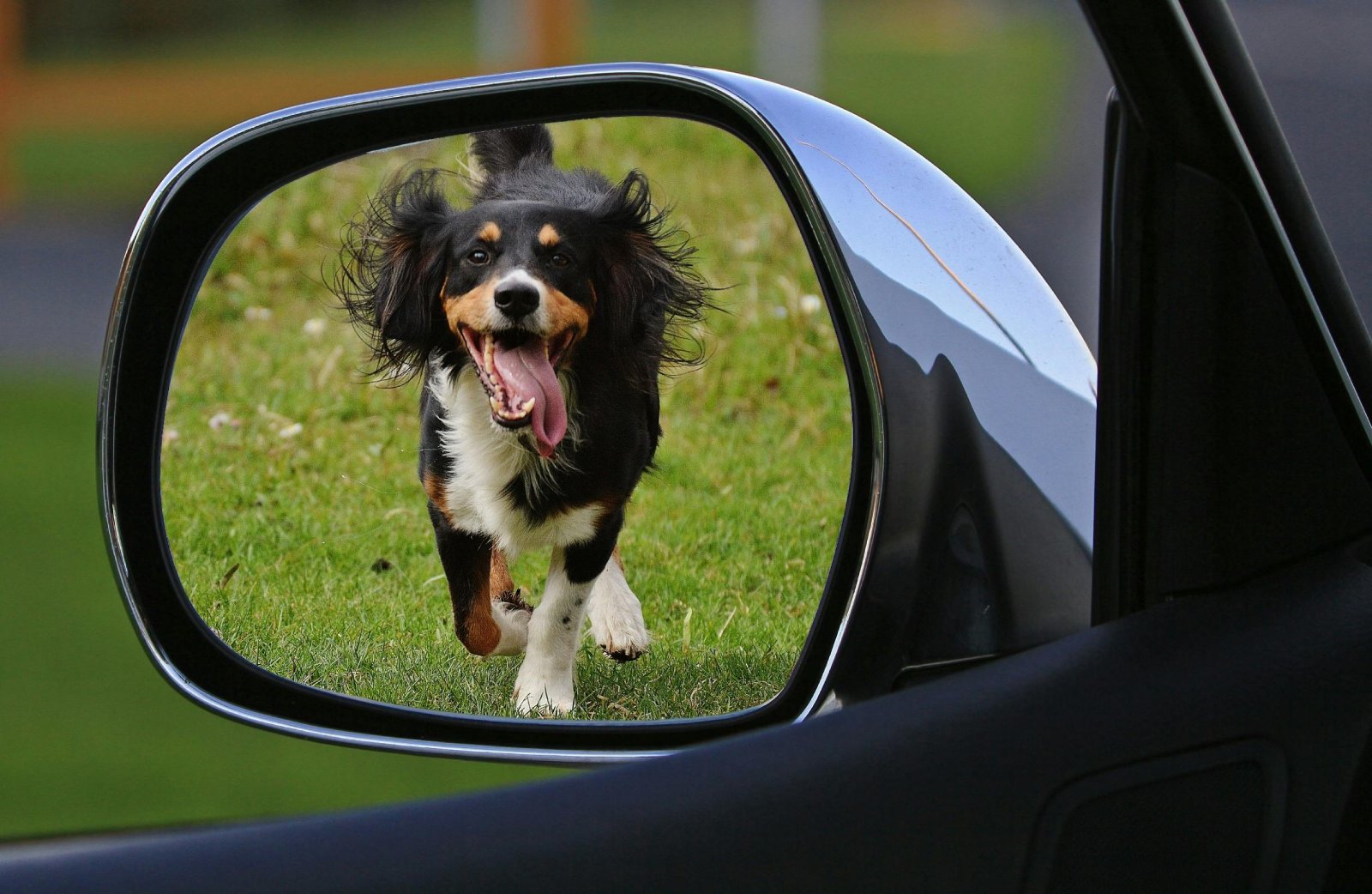
Encouraging a puppy to chase moving objects like bikes or cars can be dangerous. Teach them to ignore these distractions.
16. Not Addressing Mouthing
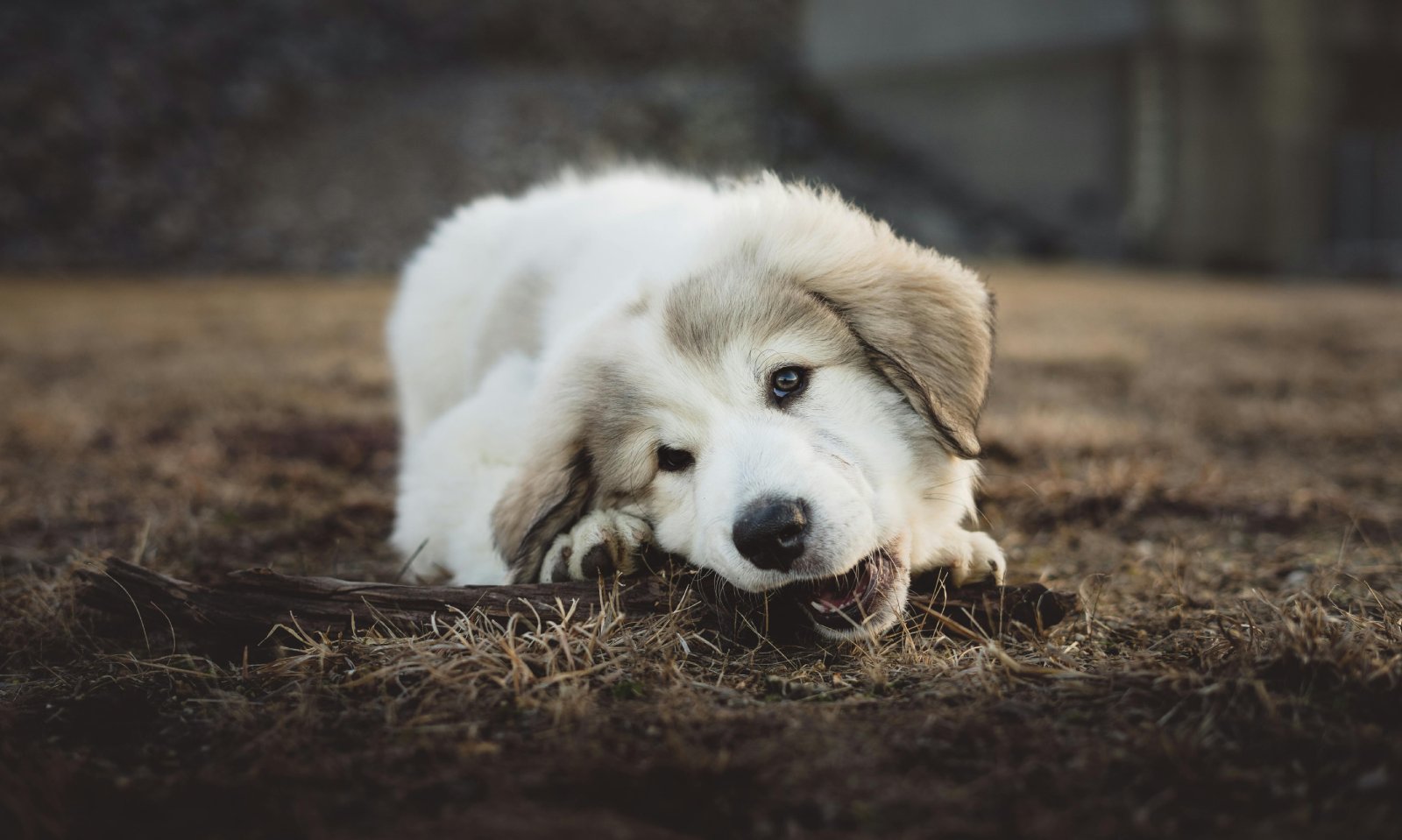
Puppies explore with their mouths, but allowing this behaviour unchecked can lead to biting. Redirect them to appropriate chew toys.
17. Allowing Pulling on Leash
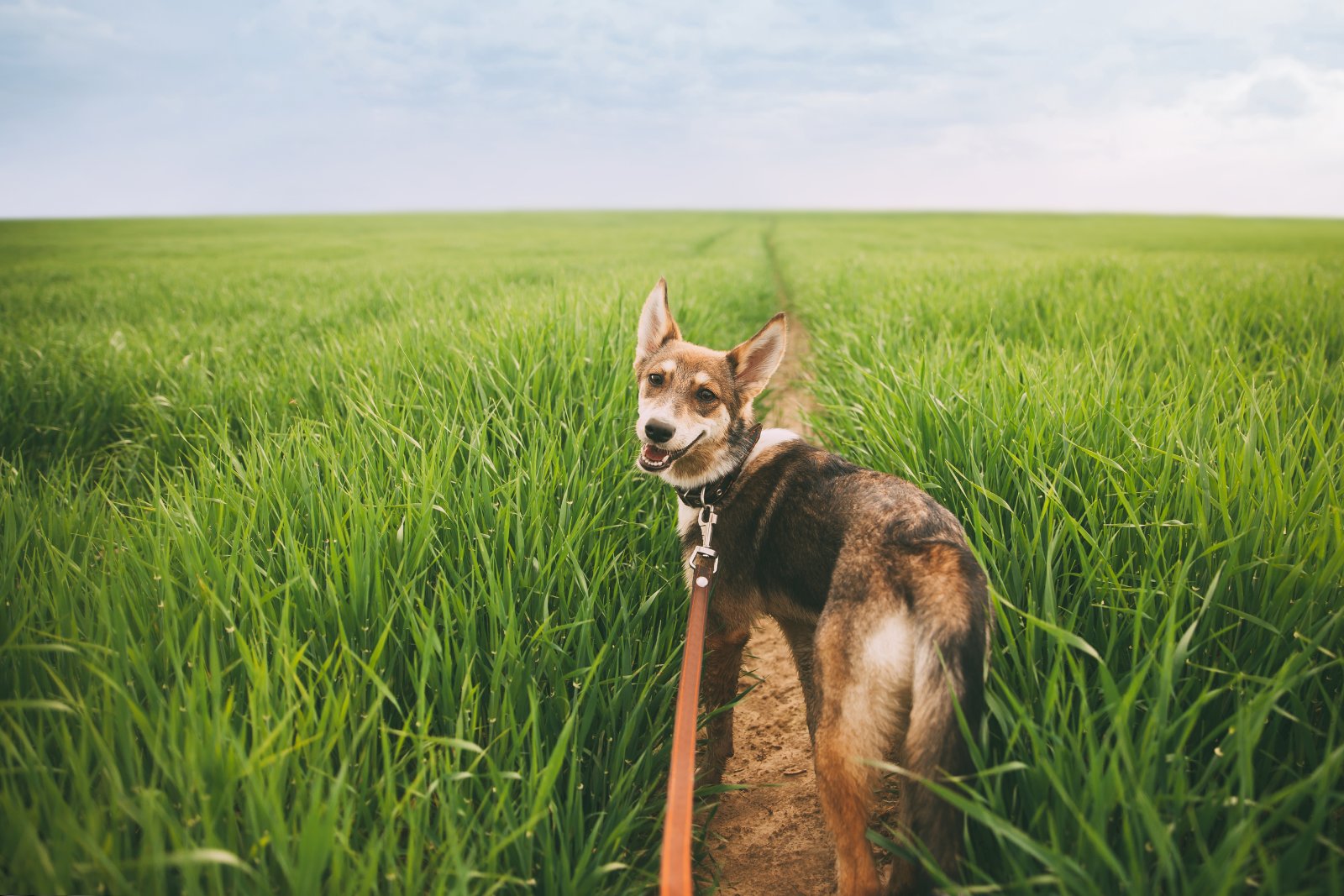
Permitting a puppy to pull on the leash teaches them that this behaviour is acceptable. Use training techniques to encourage walking beside you.
18. Ignoring Grooming Habits
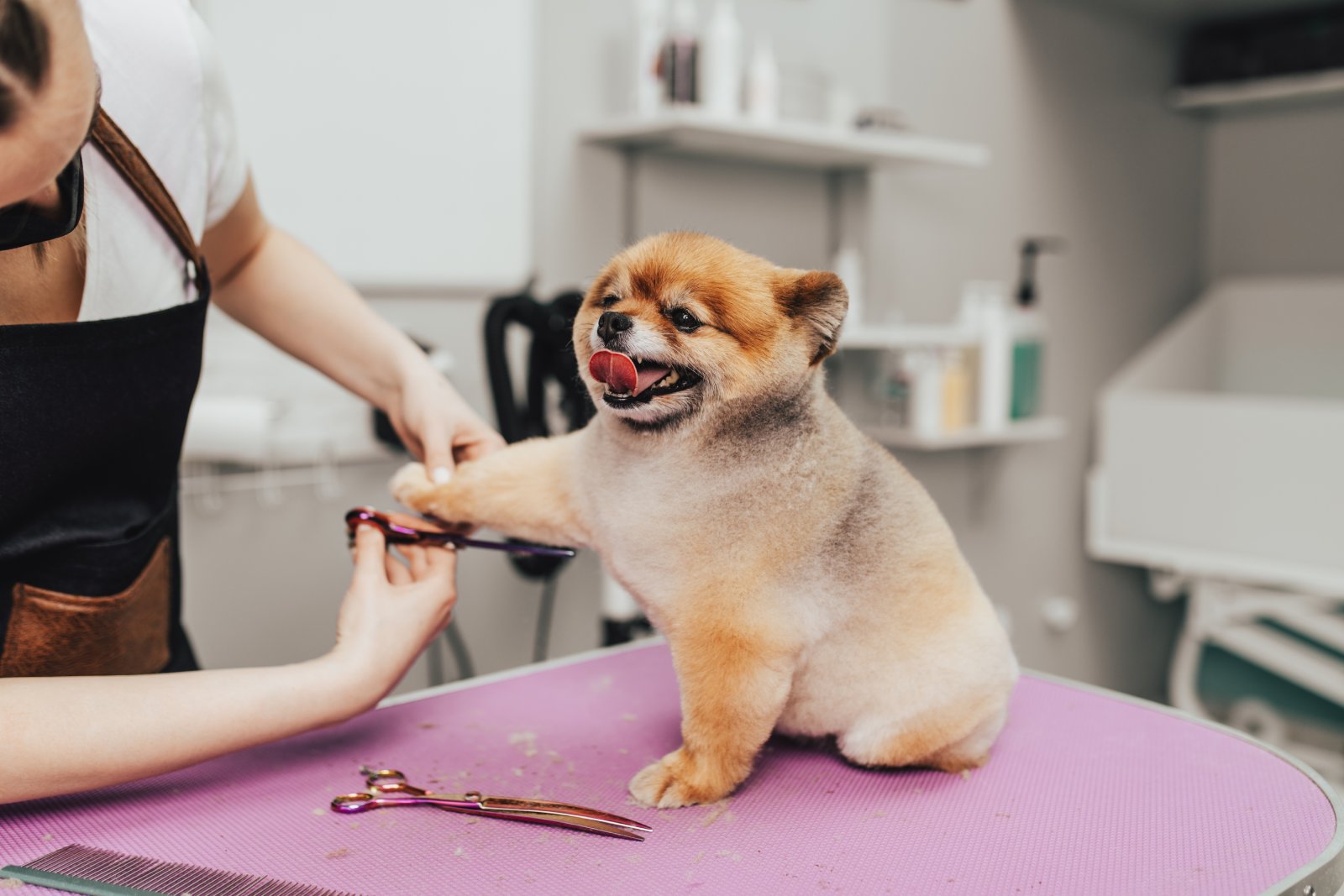
Not getting a puppy used to grooming can make this necessary care difficult as they grow. Regular brushing and handling should start early.
19. Encouraging Digging
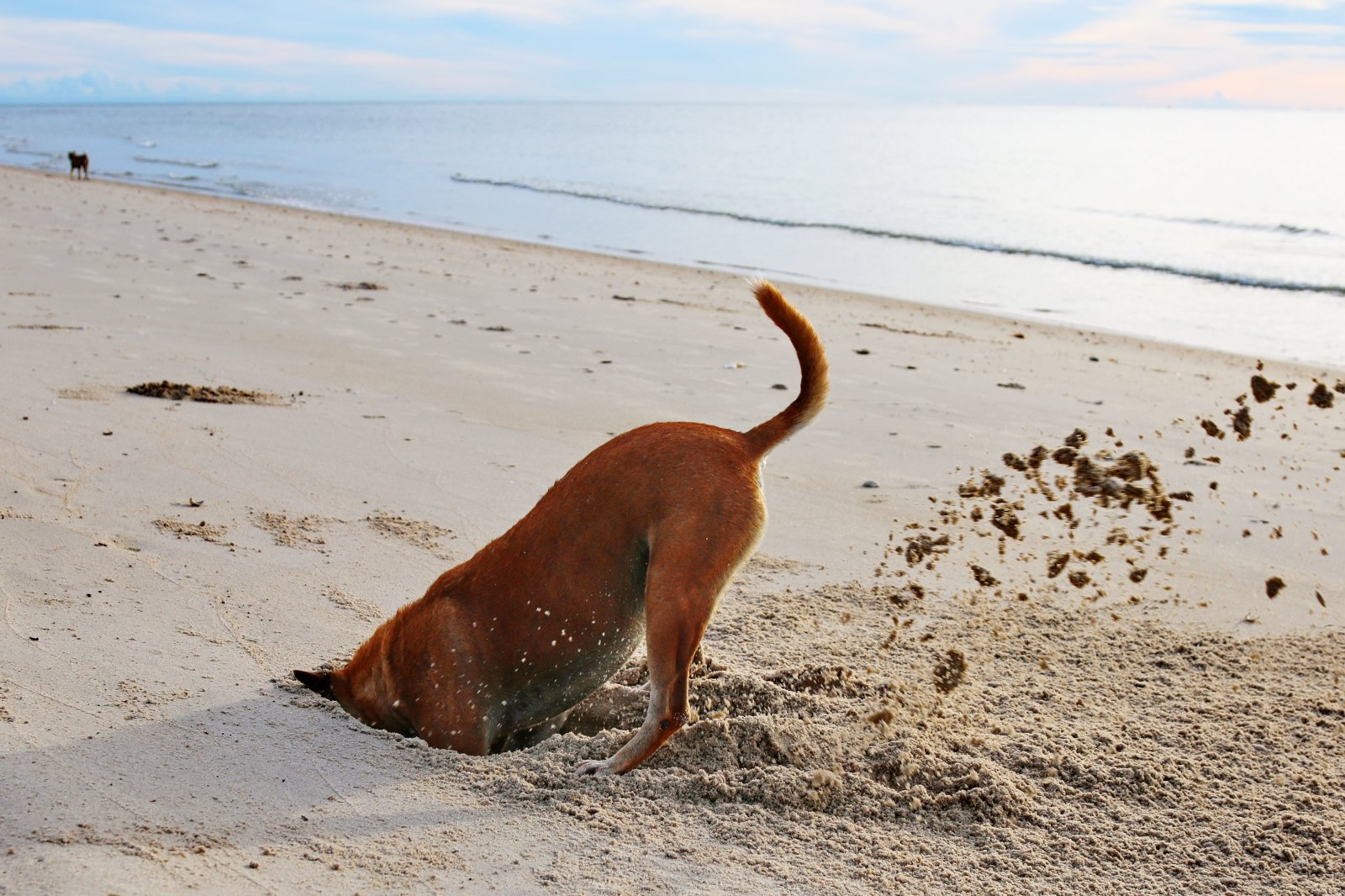
Allowing a puppy to dig can lead to destructive yard behaviour. Provide appropriate outlets for their energy and discourage digging in the garden.
20. Overlooking Destructive Behaviour
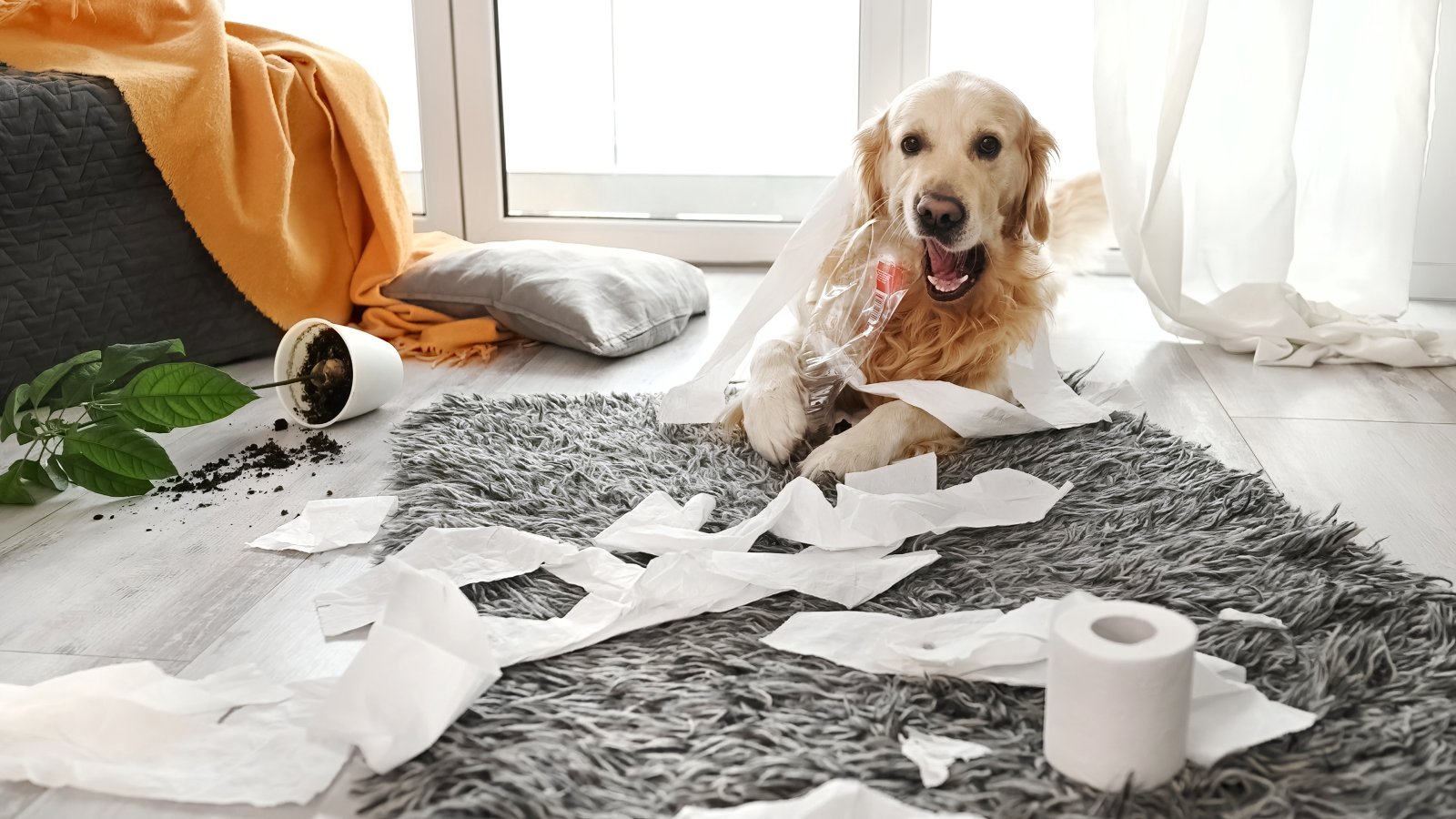
Ignoring destructive behaviours like chewing furniture or shoes can lead to a habit that’s hard to break. Provide plenty of appropriate toys and chews.
21. Not Using Positive Reinforcement
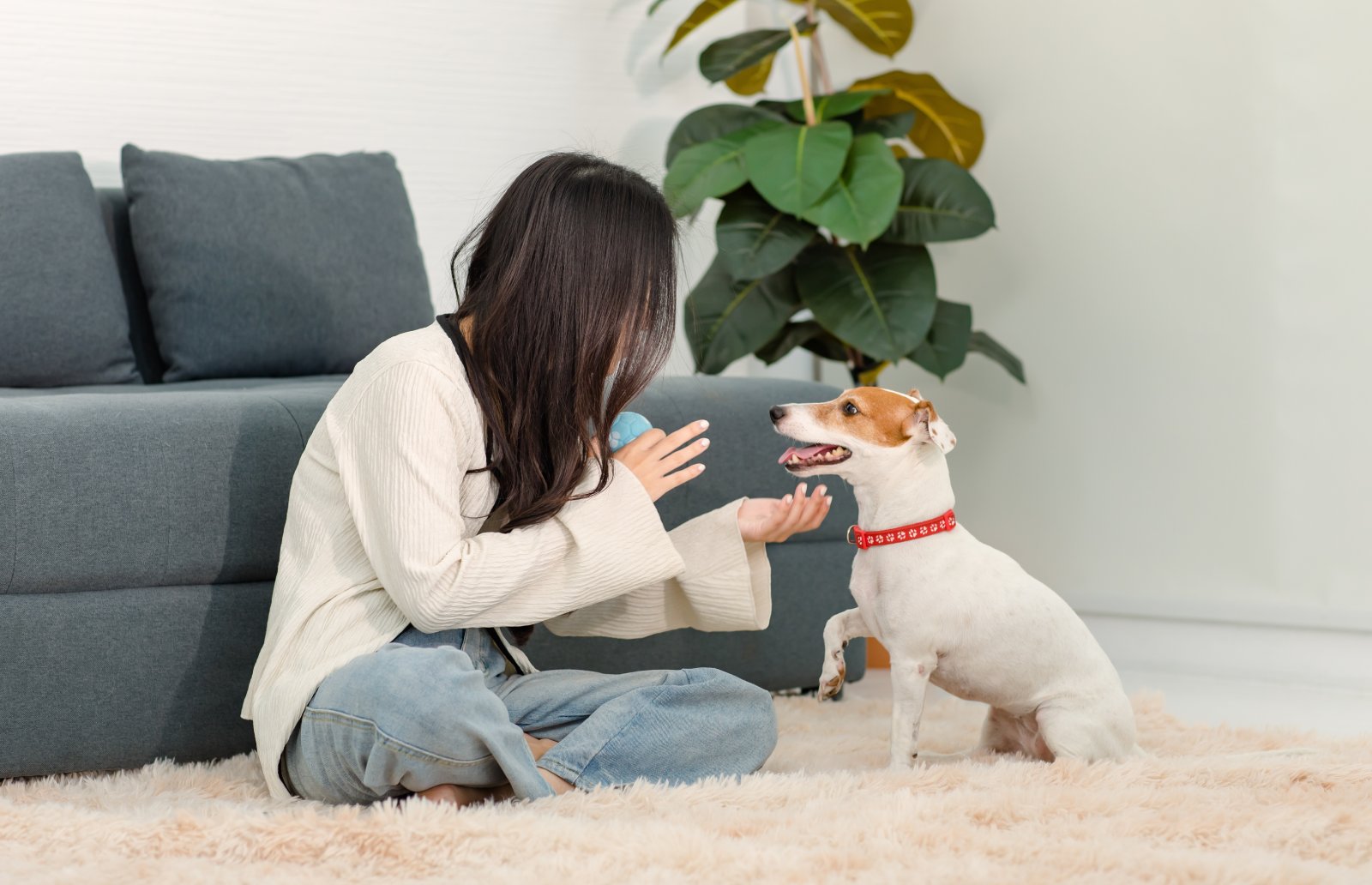
Relying on punishment rather than positive reinforcement can damage the trust between you and your puppy. Reward good behaviour to encourage repetition.
Puppy Training Pitfalls
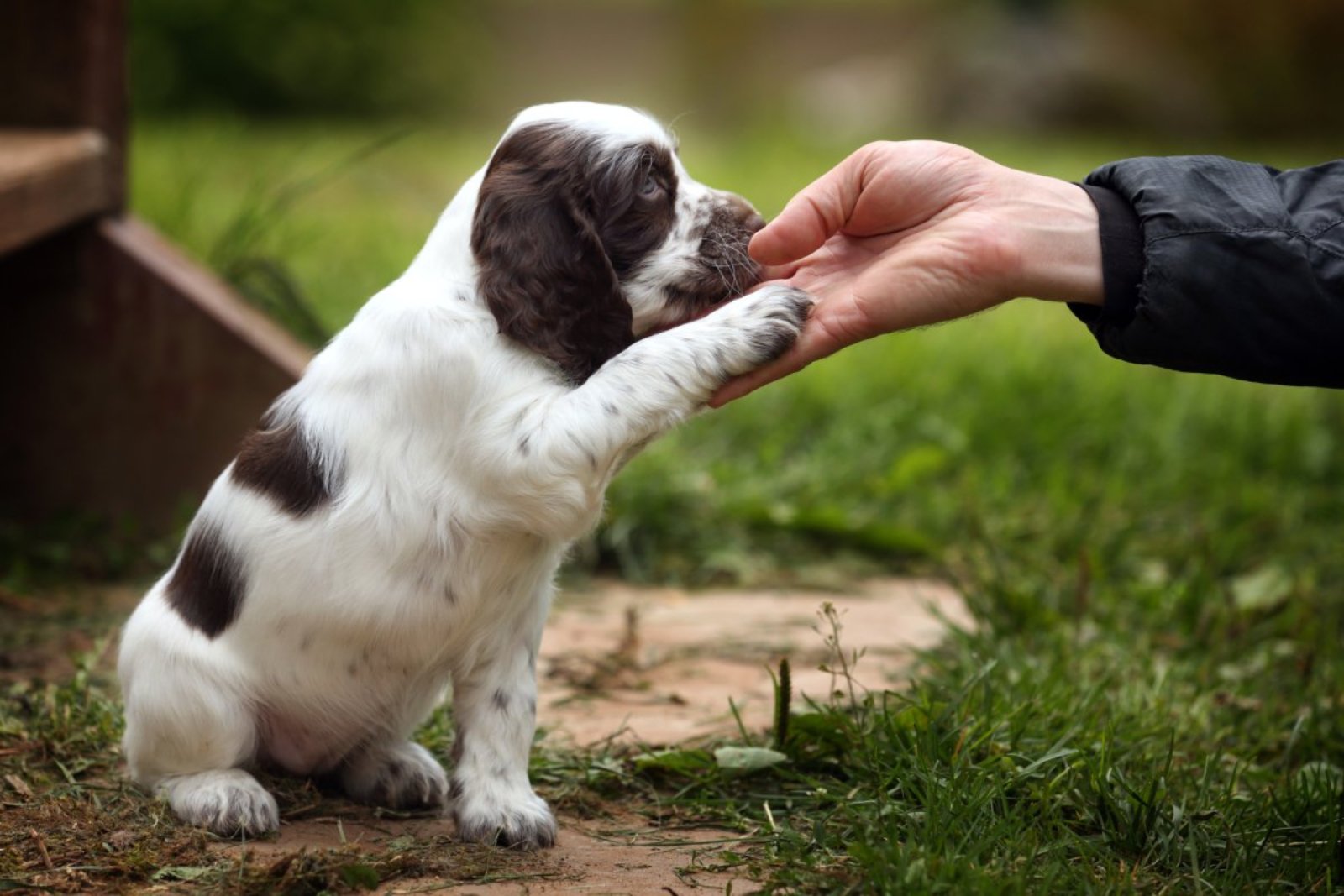
Training a puppy requires consistency, patience, and positive reinforcement. Avoid these common mistakes to ensure your puppy grows into a well-behaved and happy adult dog. Remember, the lessons you teach them now will last a lifetime.
Featured Image Credit: Shutterstock / Lubo Ivanko.
For transparency, this content was partly developed with AI assistance and carefully curated by an experienced editor to be informative and ensure accuracy.

